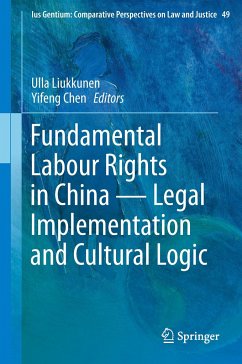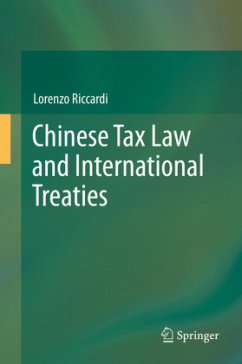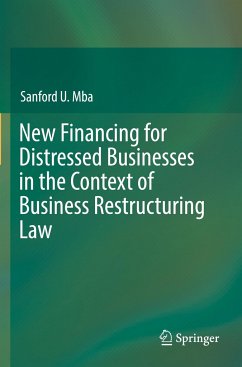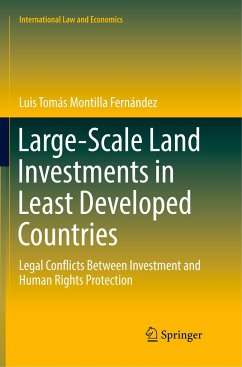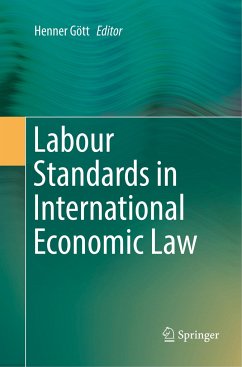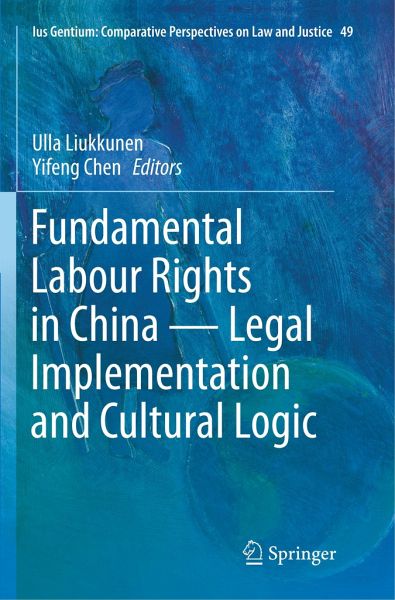
Fundamental Labour Rights in China - Legal Implementation and Cultural Logic
Versandkostenfrei!
Versandfertig in 6-10 Tagen
76,99 €
inkl. MwSt.

PAYBACK Punkte
38 °P sammeln!
This volume gathers together chapters that address the theme of implementing fundamental labour rights in China. It explores the legal framework as well as key institutions and other actors along with the socio-economic context involved in interpretation, implementation, enforcement and overall promotion of fundamental labour rights in China. As a collection of chapters, it assembles comparative and mutually complementary perspectives and insights by distinguished scholars from China, Europe and the United States. With its broad perspective on implementation, the book discusses the most topica...
This volume gathers together chapters that address the theme of implementing fundamental labour rights in China. It explores the legal framework as well as key institutions and other actors along with the socio-economic context involved in interpretation, implementation, enforcement and overall promotion of fundamental labour rights in China. As a collection of chapters, it assembles comparative and mutually complementary perspectives and insights by distinguished scholars from China, Europe and the United States. With its broad perspective on implementation, the book discusses the most topical challenges to realizing fundamental labour rights in China.
China was among the founding members of the ILO. With the regulatory approach of the ILO, fundamental labour rights have gained a new foothold as a key pillar in managing the social dimension of globalization. The development of fundamental labour rights protection in China can be viewed as part of a larger development within China's domestic economic and social transition as well as its integration into the global economic system. While China has ratified four of the eight ILO core conventions, the challenge of effective implementation and enforcement in the domestic context remains. With its in-depth research on fundamental labour rights in the particular cultural context of the Chinese experience, this book studies Chinese labour law from multiple perspectives, at the same time examining the wider role of international labour standards in developing Chinese law and society.
This volume is a remarkable enlargement of existing scholarship on international labour standards, on the one hand, and fundamental labour rights in China on the other. These chapters thoroughly analyse the legal and institutional framework for implementing labour law in China. Among the topics covered are fundamental labour rights including freedom from forced labour, prohibition of use of child labour andnon-discrimination. In addition, this volume benefits from socio-historical observations on the cultural logics that inform implementation of fundamental labour rights in China in which the history and current development of Chinese labour law are equally reflected with substantive depth.
China was among the founding members of the ILO. With the regulatory approach of the ILO, fundamental labour rights have gained a new foothold as a key pillar in managing the social dimension of globalization. The development of fundamental labour rights protection in China can be viewed as part of a larger development within China's domestic economic and social transition as well as its integration into the global economic system. While China has ratified four of the eight ILO core conventions, the challenge of effective implementation and enforcement in the domestic context remains. With its in-depth research on fundamental labour rights in the particular cultural context of the Chinese experience, this book studies Chinese labour law from multiple perspectives, at the same time examining the wider role of international labour standards in developing Chinese law and society.
This volume is a remarkable enlargement of existing scholarship on international labour standards, on the one hand, and fundamental labour rights in China on the other. These chapters thoroughly analyse the legal and institutional framework for implementing labour law in China. Among the topics covered are fundamental labour rights including freedom from forced labour, prohibition of use of child labour andnon-discrimination. In addition, this volume benefits from socio-historical observations on the cultural logics that inform implementation of fundamental labour rights in China in which the history and current development of Chinese labour law are equally reflected with substantive depth.





